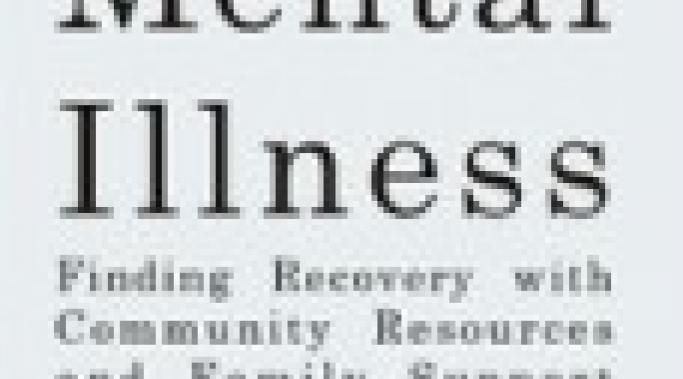Blogs
I'm not sure when it happened, but The Toddler has determined "Mom Time" is a good thing. Good enough to be fought for. Begged, borrowed, and stolen for. Bob, not to be outdone in this attention-seeking contest, has upped the ante (however unintentionally). The end result? One Mom, looking like taffy, stretched and pulled, pulled and stretched, ready to snap and feeling pretty similar.
The holidays are fast upon us and that means it’s more important than ever to remember what they are all about – the spirit of giving!
Specifically, the happiness others experience when they give things to me! Lots of things – flashy, superficial things - digital things made in China – housed in cheap, plastic cases offending the eye with their bawdy, grotesque colors! You betcha! Bring it on! Forget subtlety! At holiday time anything worth doing is worth overdoing; good taste is bad and bad taste is great!
At Christmas We Are Children Once Again; Hideous, Greedy Children
I have two nephews, Des and Landon, that I dote on considerably. During Thanksgiving, I visited Landon at his parents' house, Landon wanted to show me everything ("Fish! Tree! Light!") and gave me one of his toys. When I visited Des at my parent's house, I held out my arms and he screamed--he thought I was a stranger since I'm not around him every day.
Two one-year-olds. Two different phases of development.
So what does this have to do with borderline personality disorder (BPD)? Just as two one-year-olds may differ, so people with BPD may differ. There is no one way to have BPD.
In my last video post, Emotion Regulation and Dating with Bipolar Disorder, I talked about what I thought was a burgeoning relationship or something with Erik. Well, that something has become a nothing and I'm crushed. Not because I was in love with him or anything, but because in spite of my new-found emotional health I ended up where I've generally been: alone.
Recently a doctor stopped by my blog and asked about types of thoughts people with bipolar disorder have. Specifically, he was asking about "crowded" thoughts. Crowded thoughts are likened to "too many people jammed into this office." Crowded thoughts constitute the experience of having too many thoughts at one time.
So it got me to thinking, what are the types of thoughts and what types of thoughts are typical for bipolar disorder.
Analyzing "Talk"
Some people like chocolate and some people like going to movies. Me, well, I like my thesaurus. I like things like this: certain pens, books, a 5,000 page book full of words that connect to words that mean, pretty much, the same damn thing. So, fueled by caffeine, I look up the word talk (and here is to hoping a few you like words, sort of), and am confronted with a whole slew of them.
It's Sunday night. One child is in bed; the other is doing his nightly reading. Tomorrow, everyone goes back to work and school. The long Thanksgiving family-fest weekend is over.
We survived.
Diane wrote as a comment: Now my husband doesn't drink but does all the other stuff! I am planning on leaving after Christmas but am afraid I wont have a place to live with my girls. I am looking at housing/apartments but my wages are low even though I have a college degree. Any advice would help so much.
Diane, you are not alone in your fear. It is important to financially survive after leaving an abusive situation; you may need to make some temporary material sacrifices for your sanity.
Every good decision is part factual underpinning and part hope. The "hope" part can become fact-based with a little research.
So many kind readers have written to me about Ben Behind His Voices and have expressed gratitude not only for the way we share our story, but for the resources included as the drama unfolds. These letters have reinforced the fact that so many are still confused about how to navigate the symptoms, the rules, the systems we encounter when mental illness affects the family. I am among the confused, still. It seems there is always more to learn. (insert sigh here)
Enter this book, by Paul Komarek and Andrea Schroer:
Defying Mental Illness: Finding Recovery with Community Resources and Family Support
I panicked on Thanksgiving Day.
It was 1:15 p.m. I felt nothing but sheer terror. I looked longingly at my bed, warm and safe. The thought of facing all that food inexplicably terrified me. The fact that it was my first Thanksgiving without my husband, and therefore I would be alone did not help. I felt as if everyone would be looking me and thinking about how I had failed at my marriage.
I also was late. I was in charge of picking up the salad and pies, and I did not have time to do that and make it to the family meal by 3 p.m. The last thing I even wanted to see was a pie. I stood paralyzed in my bedroom. Stay or go?
I told myself to just breathe. I said that I could enjoy a normal Thanksgiving meal. So I called and spoke with my father, who said he would pick up the food, and got into my car and started the almost two-hour drive to my family's home for Thanksgiving dinner.
And I had a wonderful time.









